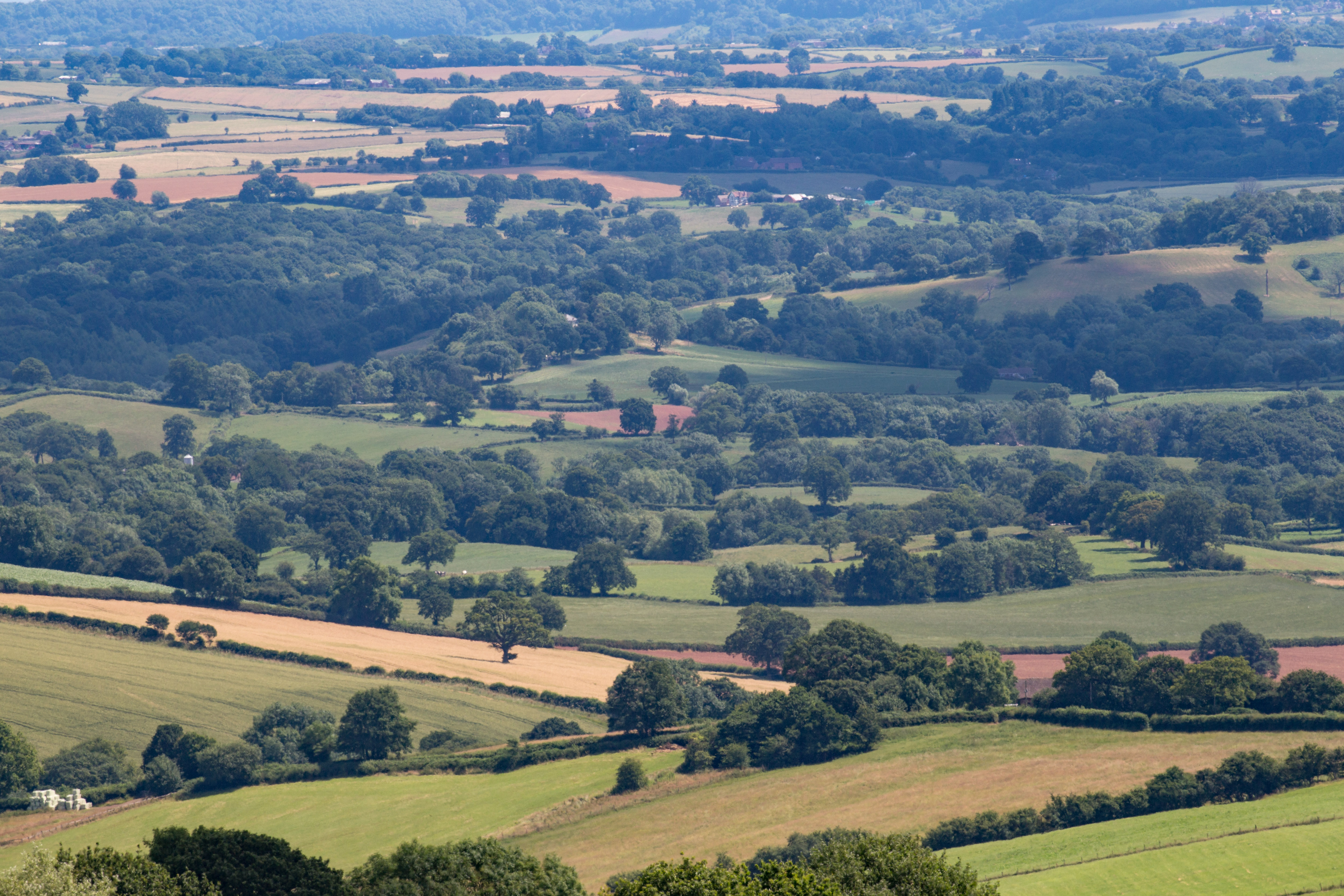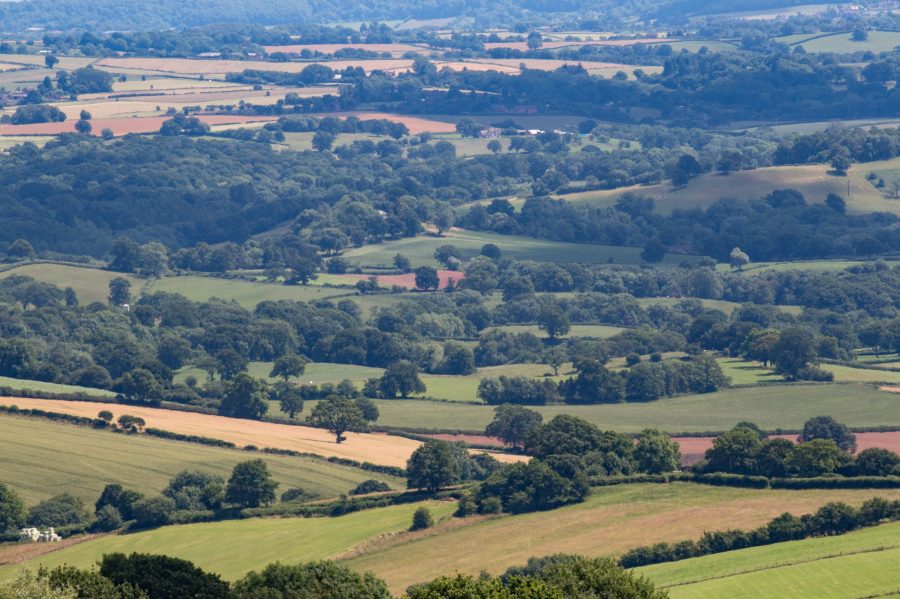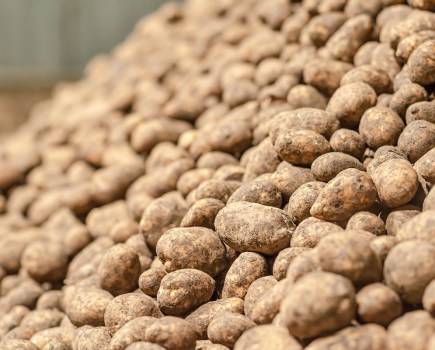 Farmers should carefully budget their cash flow over the coming 12 months, to avoid risky pinch points at a time of great uncertainty, according to rural accountant Old Mill. Charlotte Cunningham reports.
Farmers should carefully budget their cash flow over the coming 12 months, to avoid risky pinch points at a time of great uncertainty, according to rural accountant Old Mill. Charlotte Cunningham reports.
Even in a normal year, cash is king, but with the combined concerns of Brexit, trade deals, and COVID-19, budgeting is more important than ever, says Phil Kirkpatrick, rural accountant at Old Mill.
“Though agriculture has largely been unaffected directly by COVID-19, knock-on effects including increased costs, limited sales and redundant diversification means farmers should plan now for the coming tax bills.”
With this in mind, there are a number of important dates to plan for.
1 Oct 2020 / 1 Jan 2021
Limited companies with a Dec year end are due to pay Corporation Tax on 1 Oct, while those with Mar year ends will have until 1 Jan. The COVID-19 crisis did not begin until after Dec, and was only just taking hold in Mar, so profits for last year were probably higher than at present, leading to correspondingly larger tax bills.
“However, since then, a combination of higher costs and reduced income may have depleted the cash generated, leaving little left over to pay tax,” says Phil . “If it’s not possible to pay tax bills from cash reserves, then farmers may be able to agree a Time to Pay Arrangement with HMRC, which will spread the liability over a number of months.”
31 Jan 2021
For sole traders or partners, this is the deadline for balancing payments of Income Tax and National Insurance contributions. Many farmers have also taken advantage of the government scheme to defer the 31 Jul 2020 payment on account until 31 Jan 2021, meaning that payment will be correspondingly higher.
As the payment will be based on income in the tax year to 5 Apr 2020 – most of which was pre-crisis – it’s likely that income levels will be higher than the current year, says Phil . “It may be a good idea to reduce the 2021 payment on account that will be due in addition to the balancing payment. Preparing the 2019/20 tax return as soon as possible will therefore help with cash flow planning.”
31 Mar 2021
One of the first COVID-19 measures announced by the Chancellor was the deferral of the VAT payment falling due during lockdown. This postponed payments until 31 Mar 2021.
While agriculture has been less affected by the pandemic than other industries, this date could be critical for farm suppliers, with a risk of cash flow issues and even insolvency, he adds. “This could affect farmers’ ability to source supplies easily and at pre-crisis prices, or they may find they are being chased for debts earlier. It would be wise to prepare for this.”
Quarter Days
Traditionally, quarterly land rents are payable by 25 Mar, 24 Jun, 29 Sept and 25 Dec; three of which closely coincide with other key dates above. “If forecasts indicate that these dates could be a problem, now might be the time to start negotiating with your landlord; a switch to monthly rental payments would help to smooth cash flow.”
Apr /May 2021
The Coronavirus Business Interruption Loan Scheme (CBILS) and Bounce Back Loan Scheme (BBLS) saw loans beginning to be advanced in Apr and May 2020 with a closing date to join of 4 Nov 2020 – most with 12-month repayment holidays. This means repayments will begin from Apr 2021.
While the CBILS loans were assessed for affordability (often assuming a return to 2019 trading levels by the time the repayments commence) the BBLS loans were issued with no checks on affordability. Preparing for payments which will soon be required is therefore important, says Phil.
“On the other hand, if cash is plentiful and the loan is no longer required, an early repayment (there are no charges for doing so) would avoid future interest costs.”
- For more information contact Ben Carter on 07825 620052.




